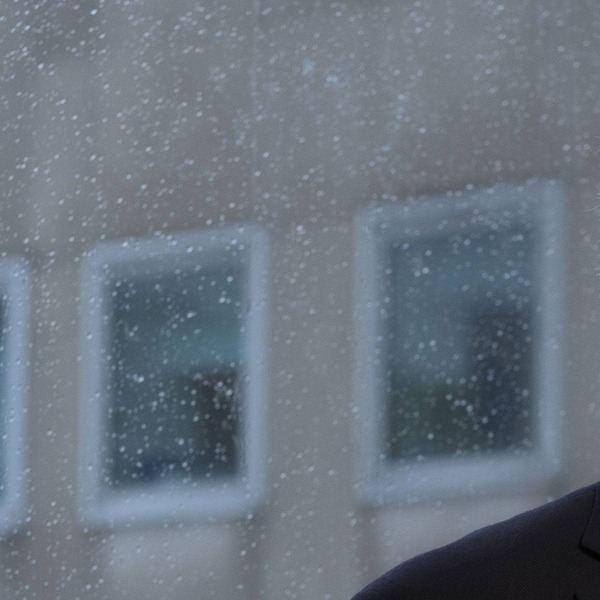Michael YoungNobel Conference 59

Michael Young
Richard and Jeanne Fisher Professor, Rockefeller University; Nobel Prize in Physiology or Medicine, 2017
What happens to a lonely fly
We tend to be aware that we eat and go to sleep at a usual time each day. We may be less aware that our body temperature rises and falls with a similar regularity, or that our endocrine system releases hormones at the time of day when they are most useful; cortisol in the morning to mobilize us into action and vasopressin in the evening to prolong the time between visits to the bathroom. The 24- hour rhythm of many of life’s essential processes, is termed “circadian,” from the Latin “circa diem,” which means “around a day.” The internal clocks that generate circadian rhythms are universal across every examined species and are present in most cellular tissues found within an individual.
Michael Young has been devoted to unraveling the molecular and biophysical mechanisms that organize the rhythms of daily life in the fruit fly, an organism widely used as a model system in the life sciences. He and his colleagues made the remarkable discovery that in cells housing circadian clocks, levels of key proteins wax and wane to the beat of a 24-hour period.
Most recently, our distinguished speaker’s lab has taken an exciting turn to a topic of great contemporary concern, the impact of social isolation on physical and mental health. As it turns out, lonely flies tend to eat more and sleep less (behaviors which may sound familiar to many of us who experienced lock-down during the early days of the pandemic). The relatively small, stereotypically organized nervous system of the fruit fly has enabled Young to develop an elegant set of experiments to trace the circuits and identify the chemical signals that bridge the gap between social experience, and behavior and physiology of the organism.
Michael Young is the Richard and Jeanne Fisher Professor in the Laboratory of Genetics at Rockefeller University, where he also serves as Vice President for Academic Affairs. His laboratory has been supported by the NIH MERIT program and the Howard Hughes Medical Institute, each granted exclusively to experienced investigators who have a record of superior research. The preeminence of his contributions to the advancement of scientific inquiry have been honored by numerous prestigious awards that include the Louisa Gross Horwitz Prize, the Massry Prize, the Shaw Prize in Life Sciences and Medicine, and the 2017 Nobel Prize in Physiology or Medicine.
His talk: Loneliness is toxic and has been linked to various health issues, from increased blood pressure to elevated risk for depression, cognitive decline, and cancer. Under shelter-in-place orders connected to the coronavirus pandemic, Americans tended to be more anxious and depressed, had shoddier sleep quality and, according to some estimates, about a third of the population put on more than half a pound per person every 10 days. We have asked how behavior and physiology are perturbed by social isolation in the experimentally tractable insect, Drosophila. Our initial studies indicate that chronic, but not acute, social isolation affects sleep and appetite in these flies. We used behavioral analyses and transcriptome profiling to differentiate between brain states associated with acute and chronic social isolation. Although flies had uninterrupted access to food, chronic social isolation altered the expression of metabolic genes and induced a brain state that signals starvation. Chronically isolated animals exhibit sleep loss accompanied by overconsumption of food, which resonates with anecdotal findings of loneliness-associated hyperphagia in humans. Chronic social isolation produces these changes through activities of a small group of neurons in the central brain. Genetically silencing these neurons restores normal sleep and appetite in chronically isolated animals.